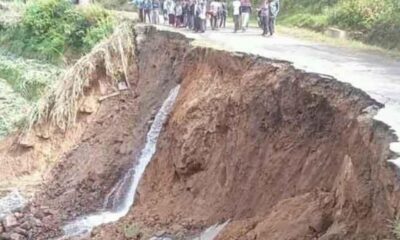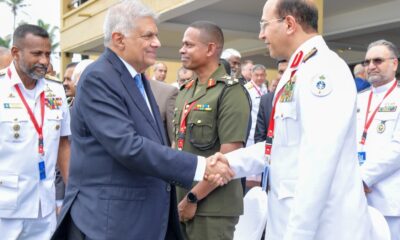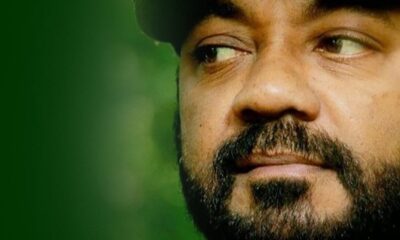SL – China Exim bank reaches agreement
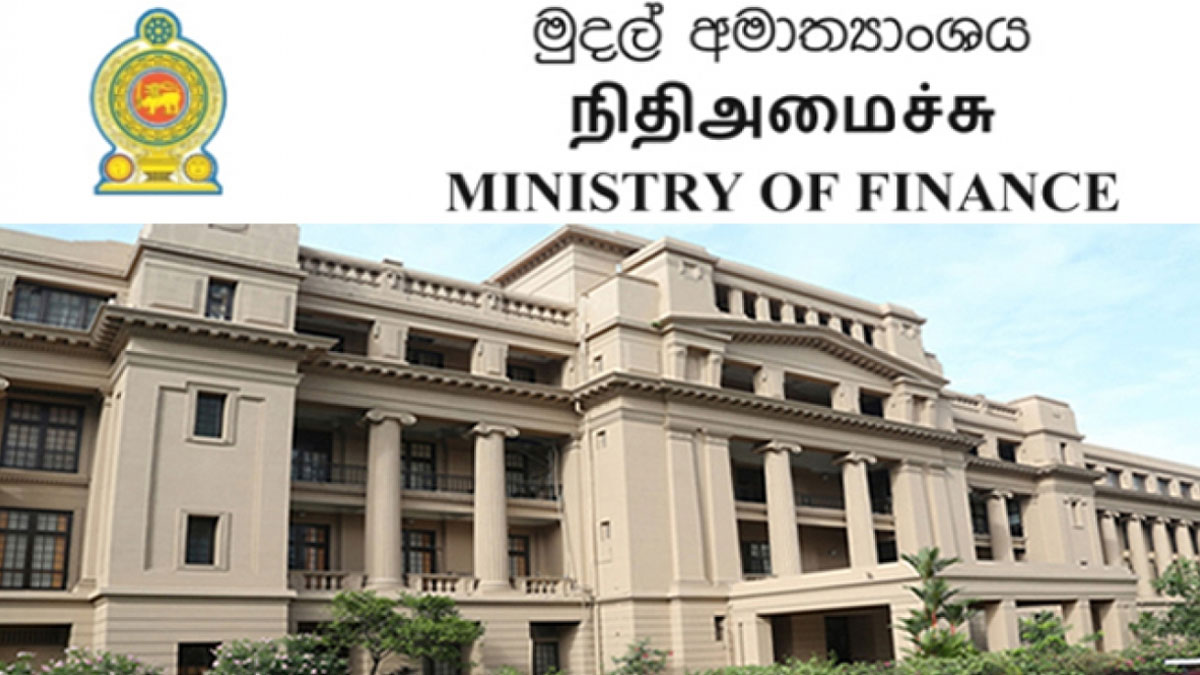
Sri Lanka has reached an agreement on the key principles and indicative terms of debt treatment with the Export-Import Bank of China (China Exim Bank).
The agreement in principle covers approximately USD 4.2bn of outstanding debt, the Finance Ministry said today (12).

YOU MAY LIKE
-

Road to World’s End closed
-

SL should adopt ASEAN outlook of the Indo-Pacific – President
-

9 Iranian drug traffickers sentenced to life
-

Murder suspect wanted over IP’s death killed in shootout
-

Four STF personnel injured following earth slip on E01!
-

Jackson Anthony’s last rites today

The Ambewela-Raindapola road in Welimada leading to the World’s End has been closed today (12) until further notice in the wake of a massive earth slip last morning at the 3km post.
Police said the earth slip has caused extensive damage to the road, bringing traffic to a standstill.
A senior official of the District Disaster Management Centre said the road was closed in view of the danger posed by the possibility of further earth slips.
Keppetipola police say that a trishaw had toppled after the driver had taken the road unaware of the danger. The driver had escaped after jumping out.
(Source / Pics : Ada)
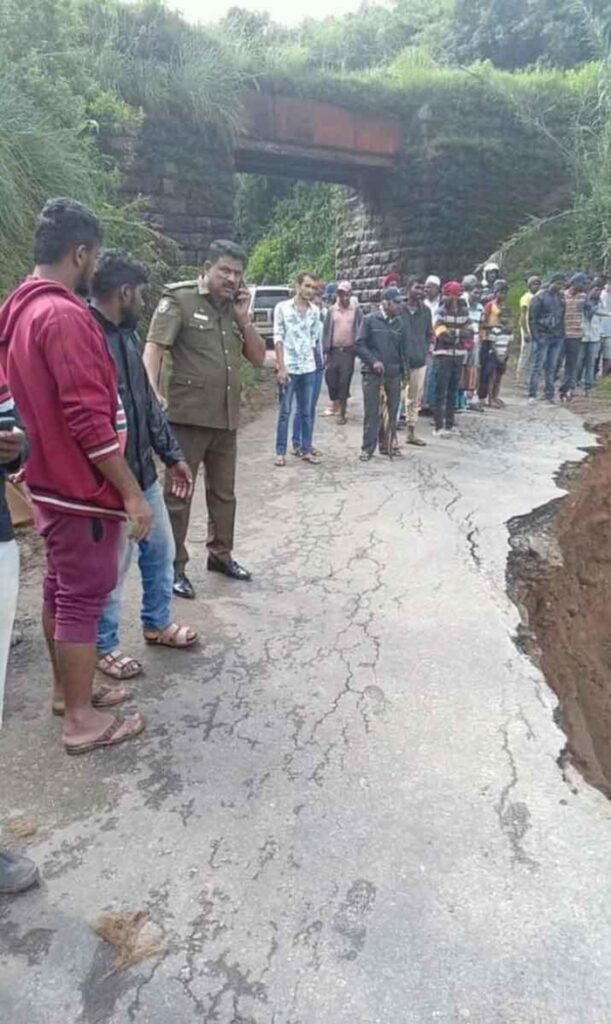

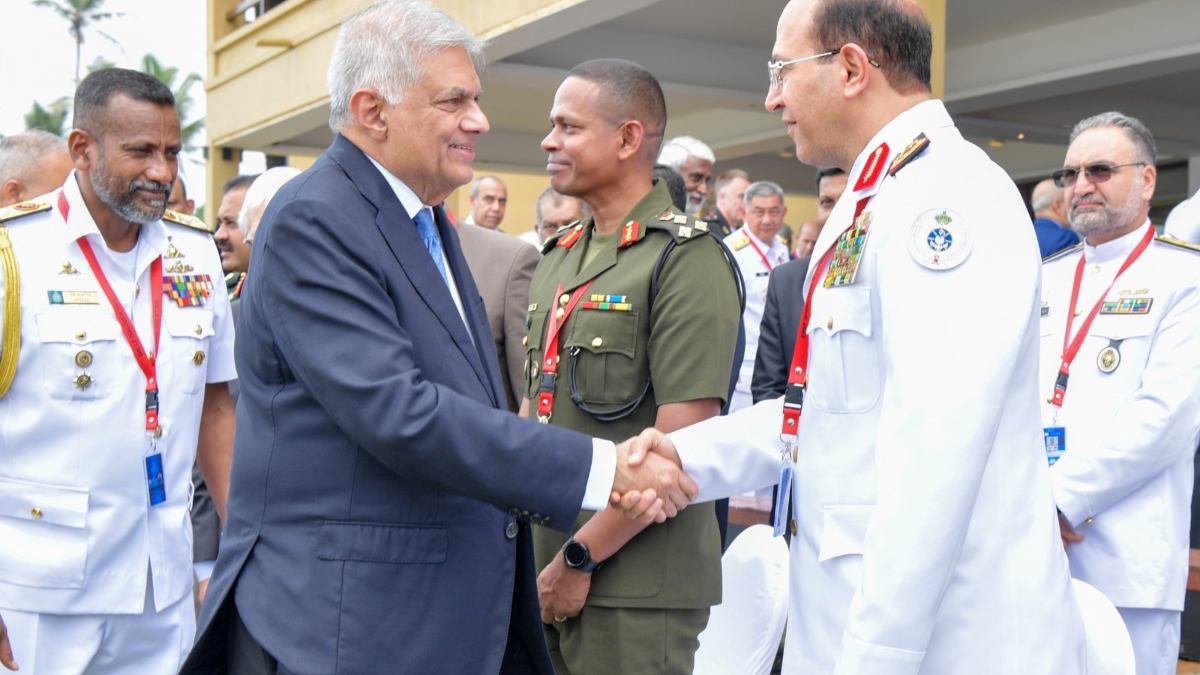
President Ranil Wickremesinghe delivered a significant keynote address at the 11th edition of the Galle Dialogue; International Maritime Conference, which aimed to strengthen regional maritime cooperation and formulate a global strategy to face common challenges in the maritime domain. The conference commenced at the Jetwing Lighthouse Hotel today (12) under the theme ‘Emerging New Order in the Indian Ocean.’
Delivering the keynote address, President Wickremesinghe began by commending the Navy for recommencing the Galle Dialogue after the COVID-19 break. He emphasized the importance of rethinking the focus of the Galle Dialogue in light of the changes brought about by the pandemic.
The President pointed out that the focus should primarily be on the Indian Ocean and the surrounding area. He acknowledged the role of Dr. Ram Madhav, a pioneer of the Indian Ocean Conference, in drawing attention to the region. President Wickremesinghe highlighted the uniqueness of the Indian Ocean as a civilization rather than a construct, emphasizing its rich history, diverse cultures and religious significance.
He then discussed various global constructs, such as the Asia Pacific, the Belt and Road Initiative (BRI) and the Indo-Pacific and how they differ from the Indian Ocean’s cultural and historical context. He stressed that the Indian Ocean represents a political entity, given its history and role in recognizing non-European sectors of the world as colonialism collapsed.
The President also discussed the economic significance of the Indian Ocean, predicting that development would shift from East Asia and the Asia Pacific to the Indian Ocean, India, Bangladesh, and Africa. He mentioned Africa’s potential for significant economic growth by 2050.
President Wickremesinghe underlined the importance of ports and their role in the evolving global trade landscape, emphasizing Sri Lanka’s strategic location and the development of key ports like Colombo, Trincomalee and Hambantota. He urged a long-term perspective on these developments and their global implications.
The President also discussed the changing dynamics in sports and noted that various nations from this region are expanding their influence in cricket and football. He emphasized the interconnectedness between the Indian Ocean and the Pacific Ocean.
In conclusion, President Wickremesinghe proposed that Sri Lanka should adopt the ASEAN outlook of the Indo-Pacific as two distinct oceans and prioritize freedom of navigation and undersea cables in the Indian Ocean. He acknowledged that the emerging order could rapidly change due to global events and emphasized the need for wise leadership and diplomacy in addressing evolving challenges.
President Wickremesinghe’s speech provided a comprehensive perspective on the Indian Ocean’s unique place in global politics, culture and economics and its role in shaping the emerging new order in the region.
Meanwhile, during his speech at the Galle Dialogue, Dr. Ram Madhav, President of India Foundation, addressed the current global transformation, noting the emergence of a new world order following the pandemic. He described this new order as multipolar and heteropolar, emphasizing that non-state actors, including tech giants, global agencies, NGOs, transnational terror groups and spiritual and religious movements, would have a significant influence on people and nations.
Dr. Madhav also expressed his condolences for those affected by the conflicts in Eastern Europe and West Asia. He recognized Sri Lanka’s role in hosting the 23rd meeting of the Indian Ocean Rim Association (IORA) Council of Ministers and congratulated President Ranil Wickremesinghe on assuming the Chairmanship of IORA, with India as the Vice Chair. Dr. Madhav emphasized the importance of developing IORA as a platform for promoting sustainable development, economic growth and stability in the region and he called for a commitment to creating a free, open and inclusive region guided by the rule of law, where sea lines are not used for piracy, overexploitation, or terrorism. He also expressed hope that the efforts by leaders like President Ranil Wikremesinghe would result in establishing the Indian Ocean’s distinct identity and role in the emerging world order.
Minister of Ports and Civil Aviation Nimal Siripala de Silva, Minister of State for Defence Pramita Bandara Tennakoon, Governor of the Southern Province Willy Gamage, Senior Adviser to the President on National Security and Chief of Staff to the President Sagala Ratnayaka, Defence Secretary General Kamal Gunaratne (Rtd), Chief of Defence Staff General Shavendra Silva, Navy Commander Vice Admiral Priyantha Perera, Army Commander Lt. Gen. Vikum Liyanage, former Navy Commanders and other senior officers of the Navy attended the event.
(President’s media Division)
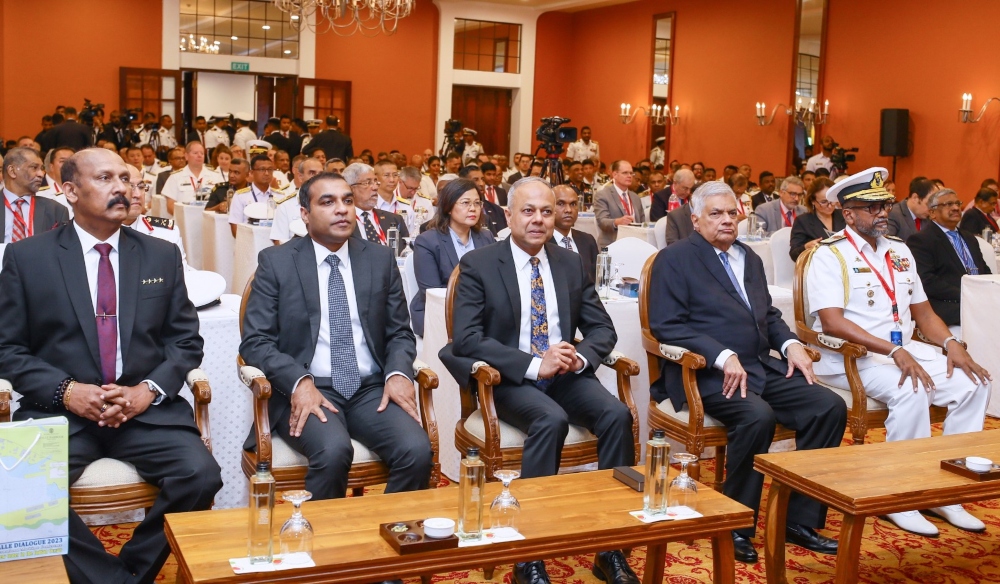
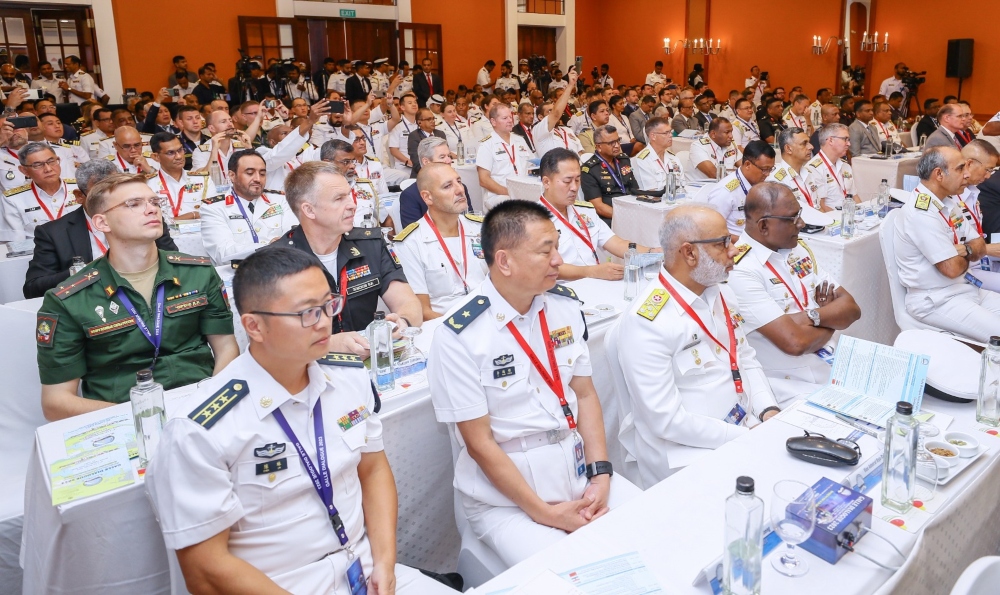
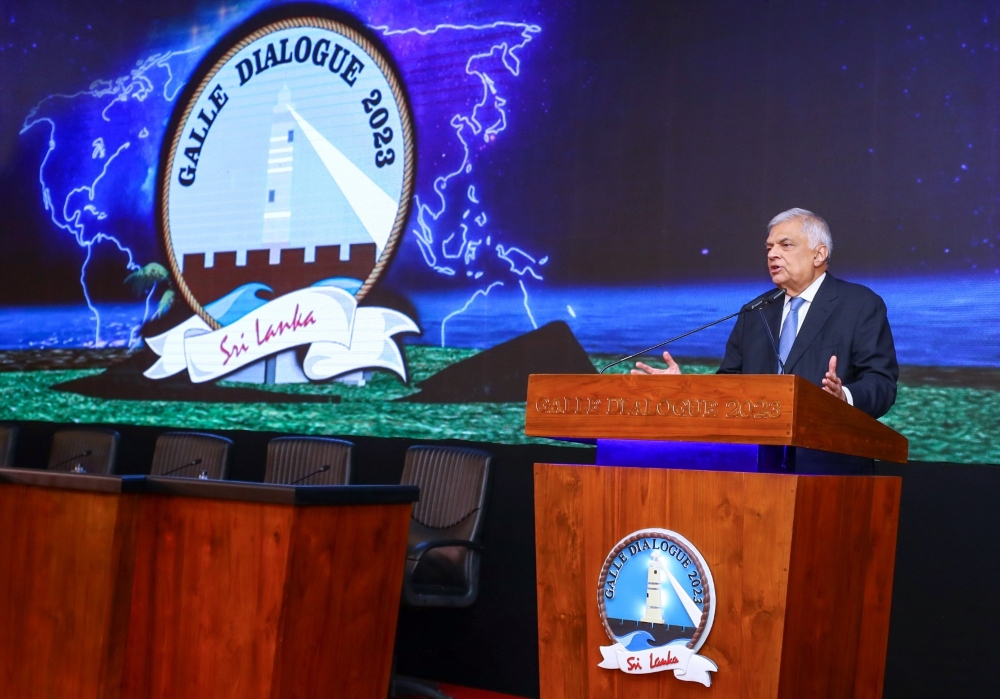
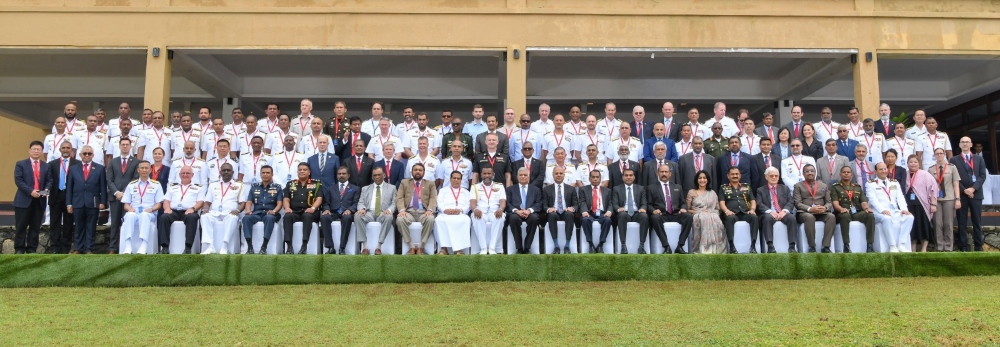
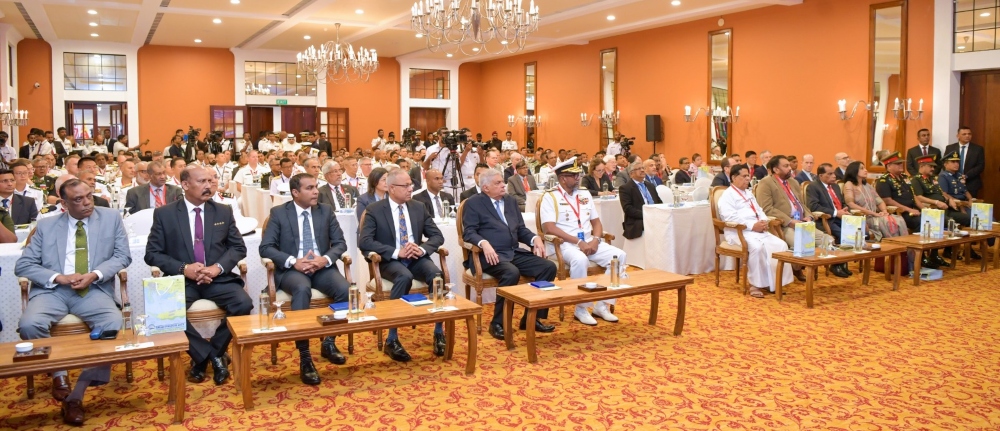
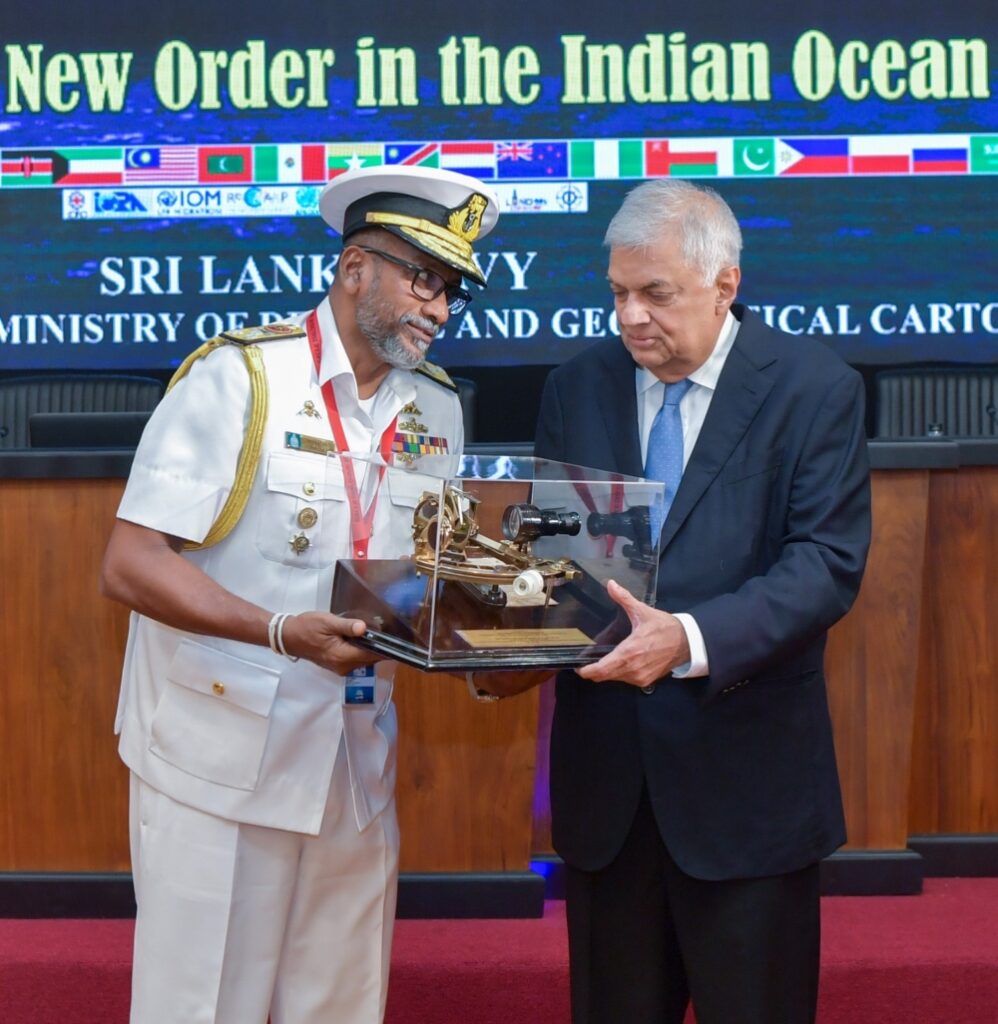

Nine Iranian nationals, who had been arrested four years ago for drug peddling, have been sentenced to life imprisonment by Colombo High Court Judge Amal Ranaraja.
The order was given after the four pleaded guilty to their charges of trafficking heroin into Sri Lanka.
However, acting in compliance with international agreements Sri Lanka has entered into, it was ordered that the nine foreign nationals be extradited to Iran.
The convicts had been arrested on March 2019 by the Sri Lanka Navy with a large consignment of heroin aboard a trawler in seas off Akurala.



